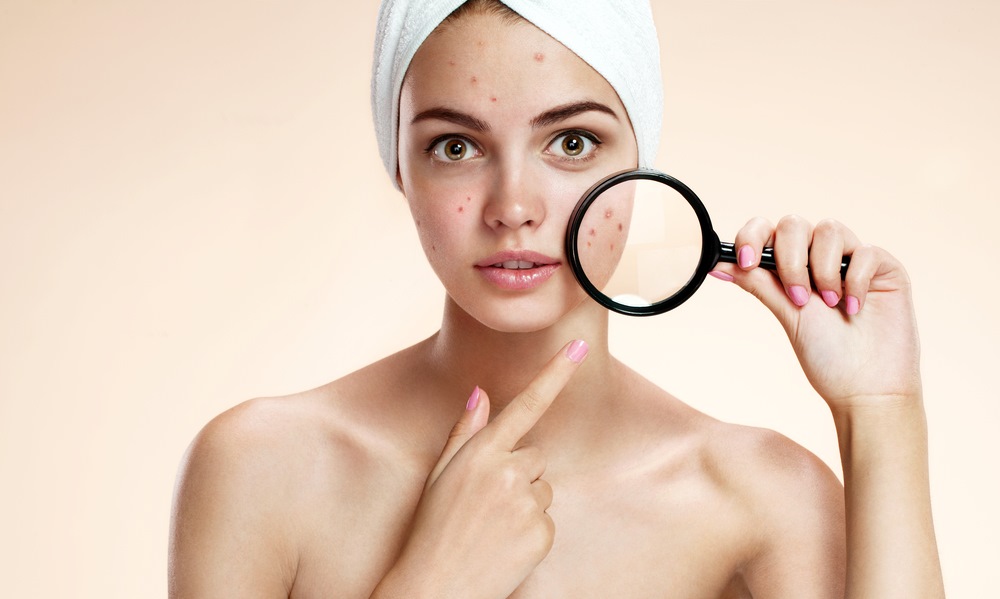



Acne and pimples are common skin conditions that affect people of all ages and can have a significant impact on one's self-esteem and overall well-being. Understanding the causes, treatment options, and prevention strategies can help you manage these skin issues effectively.
Acne and pimples are skin disorders characterized by the formation of inflamed or non-inflamed lesions on the skin, often on the face, neck, chest, back, and shoulders. These conditions occur when hair follicles become clogged with oil and dead skin cells, leading to the development of various types of blemishes.
Risk factors include genetics, the menstrual cycle, anxiety and stress, hot and humid climates, using oil-based makeup, and squeezing pimples.
No one factor causes acne. Acne occurs when sebaceous (oil) glands attached to the hair follicles are stimulated at the time of puberty or due to other hormonal changes.
Sebum (oil) is a natural substance that lubricates and protects the skin. Associated with increased oil production is a change in the manner in which the skin cells mature, predisposing them to plug the follicular pore.
The plugged hair follicle gradually enlarges, producing a bump. As the follicle enlarges, the wall may rupture, allowing irritating substances and normal skin bacteria access into the deeper layers of the skin, ultimately producing inflammation. Inflammation near the skin's surface produces a pustule; deeper inflammation results in a papule (pimple).
Food: Parents often tell teens to avoid pizza, greasy and fried foods, and junk food. While these foods may not be good for overall health, they don't play an important causal role in acne. Although some recent studies have implicated a high-carbohydrate diet, milk, and pure chocolate in aggravating acne, these findings are far from established facts.
Stress: Some people get so upset by their pimples that they pick at them and make them last longer. Stress, however, does not play much of a direct role in causing acne.
Heredity: If one of your parents had severe acne, it is likely that your acne will be more difficult to control.Pressure: In some patients, pressure from helmets, chin straps, collars, suspenders, and the like can aggravate acne.
Drugs: Some medications may cause or worsen acne, such as those containing iodides, bromides, or oral or injected steroids (either the medically prescribed prednisone, Deltasone, Orasone, Prednicen-M, Liquid Pred or the steroids that bodybuilders or athletes sometimes take.
